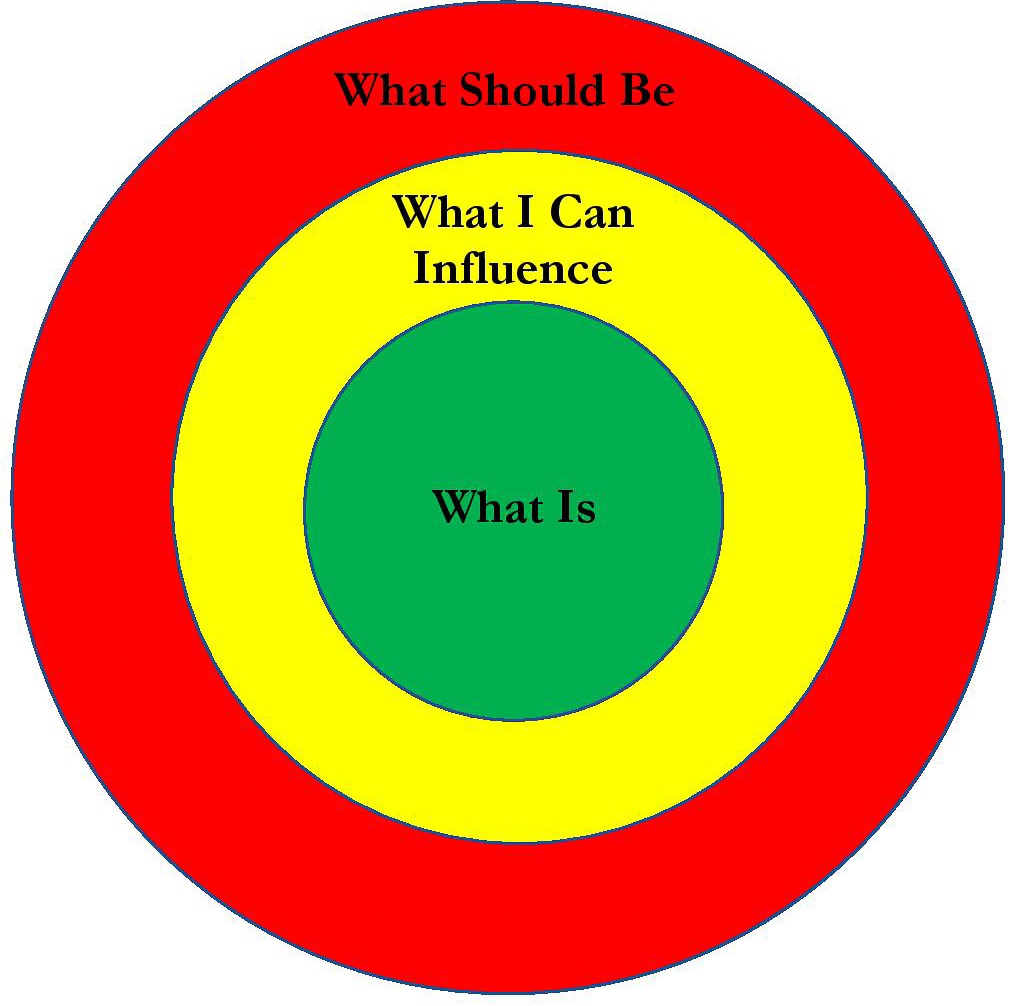Photo by Vladislav Muslakov on Unsplash
How much sleep do you get? Are you one of over 35% of adults who sleep less than 7 hours per night? If so, you may be missing out on what sleep researcher Matthew Walker says "is the single most effective thing we can do to reset our brain and body health each day."
Sleep cleanses our brains of toxins, consolidates memories, prevents an escalation of physiological stress, regulates emotions, and sharpens our minds.
Getting less than 7-9 hours of sleep increases the likelihood of having a traffic accident, reduces creativity, limits productivity, and increases the risk of illnesses such as diabetes and Alzheimer’s.
If sleep is so great, why don’t many of us make it a priority?
Many people incorrectly believe they are among a rare group of people who don't need 7-9 hours of sleep per night. We think we'll be more productive if we sleep less. We strive to be like the CEOs who brag about being more prolific and accomplished because they need only five hours of sleep. Sleep specialist Thomas Roth spent many years looking for individuals who perform well on less sleep. He concluded that "the number of people who can survive on five hours of sleep or less without any impairment, expressed as a percent of the population, rounded to a whole number, is zero."
People in some professions (e.g., truck drivers, medical professionals, machine operators, and military personnel) are expected to work too many hours, and sufficient sleep is impractical if not impossible. Shift workers and constant travelers throw off their circadian rhythms so much their brains don't know when it is time to sleep.
Some of us have medical conditions that disrupt our sleep. For example, approximately 70% of individuals with PTSD have sleep disturbances. Having low resilience can make it harder to get a good night's sleep.
If you're struggling to get 7-9 hours of sleep each night, spend some time exploring the reasons why you're not sleeping. Once you've identified the cause, develop a strategy that minimizes or eliminates the barriers, and maintains your motivation to change your sleep habits. Make getting a good night's sleep a priority.
For example, if you don’t sleep enough because you feel you cannot spare the time, remind yourself that this thinking is counterproductive. Schedule sleep on your calendar if necessary to carve out sufficient time. Stop doing other things that are lower priorities.
If your work duties limit your sleep options, remind decision-makers that structural barriers to sleep are undermining workplace productivity and effectiveness. Explore options that prioritize an employee's ability to get sufficient sleep. For example, one company I worked with adjusted shift changes from every three days to every month. As a result, employees were no longer continually adapting their circadian rhythms because of a new shift.
If you have trouble falling or staying asleep, read the National Sleep Foundation’s sleep tips, and implement as many of their suggestions as possible. Try out different practices to see what does and doesn't work for you. Incorporate sleep techniques into your daily routine.
If you need some extra motivation, read Matthew Walker’s book Why We Sleep: Unlocking the Power of Sleep and Dreams. In addition to explaining the science behind sleep, he provides actionable steps towards getting a better night’s sleep every night.
Consult your doctor before taking any sleep medications or aids, including dietary supplements (e.g., Valerian) and hormones (e.g., Melatonin). While sleep medications or aids may be useful for occasional sleeplessness, particularly when traveling, many have adverse long-term effects.
Do you get 7-9 hours of sleep per night? What helps you sleep?
___________________________
To learn more about how you and your team can thrive in adversity, visit my website, and follow me on LinkedIn, Facebook, and Twitter. And, check out my online Resilience Leadership course.










